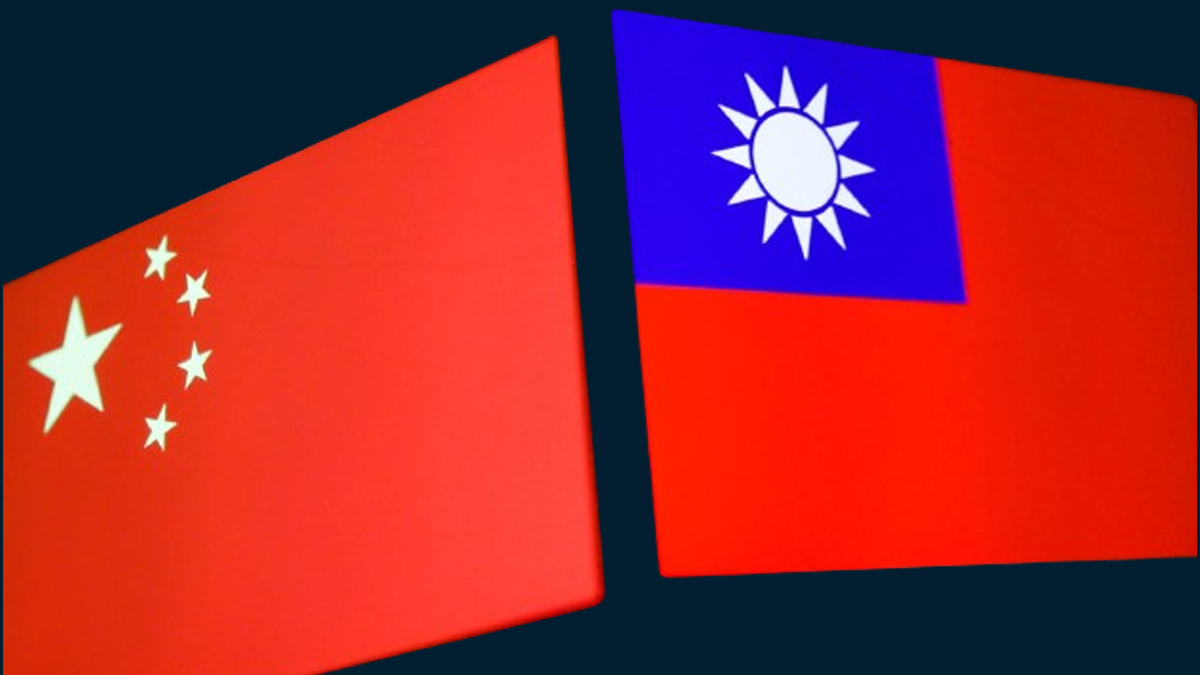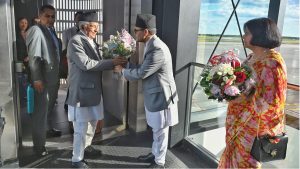
China’s Aggressive Posture towards Taiwan Threatens Regional Peace
In the shadow of the historic conflict between Taiwan and China, the fragile peace of the region hangs in the balance. Recent developments indicate a disturbing trend of escalating aggression from Beijing towards Taipei, with potentially catastrophic consequences for the entire Asia-Pacific region. As tensions simmer and military maneuvers intensify, it is imperative to confront the belligerent actions of the Chinese government and advocate for the preservation of Taiwan’s sovereignty and the maintenance of peace.
The strategic significance of Taiwan cannot be overstated. Situated just 5km from the Chinese mainland, the island has long been a focal point of geopolitical tension. Since the Chinese nationalists retreated to Taiwan in 1949, Beijing has persistently pursued a policy of reunification, viewing Taiwan as an integral part of its territory. However, the people of Taiwan have embraced democracy and self-determination, rejecting Beijing’s authoritarian rule and asserting their right to govern themselves.
The incoming Taiwanese president, Lai Ching-te, symbolizes the island’s steadfast commitment to sovereignty and independence. Despite his conciliatory gestures towards Beijing, Lai has been met with hostility and threats from Chinese officials, who perceive any assertion of Taiwanese identity as a challenge to their authority. By deploying fighter jets, naval ships, and drones near Taiwan, Beijing is not only threatening the stability of the Taiwan Strait but also undermining the principles of peaceful coexistence and mutual respect.
The recent incursions of Chinese coast guard ships into the waters near Kinmen, coupled with provocative rhetoric from Beijing, underscore the growing risk of conflict in the region. Taiwanese citizens, like Huang Yueh-yi, express their desire for peaceful relations with China, emphasizing the importance of dialogue and restraint. However, Beijing’s bellicose actions and expansionist ambitions leave little room for optimism, raising concerns about the potential for military confrontation.
China’s propaganda efforts, exemplified by the tourist site in Pingtan, seek to distort the reality of Taiwan’s status and manipulate public opinion in favor of reunification. While claiming to uphold the principle of peaceful reunification, Chinese authorities resort to intimidation and coercion to achieve their objectives. Jack Wang’s inflammatory remarks against President Lai Ching-te reflect the aggressive nationalism promoted by Beijing, which threatens to inflame tensions and undermine efforts towards reconciliation.
Contrary to the Chinese government’s assertions, the majority of Taiwanese people support maintaining the status quo and reject immediate unification with China. National Chengchi University’s poll reveals a clear preference for stability and autonomy, reflecting the aspirations of the Taiwanese people for peace and prosperity. By disregarding the will of the Taiwanese people and pursuing a policy of coercion and aggression, Beijing risks alienating the very population it seeks to integrate.
The international community must condemn China’s provocative actions and reaffirm its commitment to upholding the principles of democracy, human rights, and the rule of law. By standing in solidarity with Taiwan and defending its right to self-determination, the world can send a clear message to Beijing that aggression and coercion will not be tolerated. Diplomatic engagement and dialogue remain essential for resolving disputes and building mutual trust, but they must be based on respect for sovereignty and non-interference in internal affairs.
In conclusion, China’s aggressive posture towards Taiwan poses a grave threat to regional peace and stability. As the incoming Taiwanese president seeks to navigate the complex dynamics of cross-strait relations, it is incumbent upon the international community to support Taiwan’s sovereignty and advocate for peaceful resolution of disputes. By rejecting coercion and promoting dialogue, we can build a future where the people of Taiwan and China can coexist in peace and prosperity.















Comments